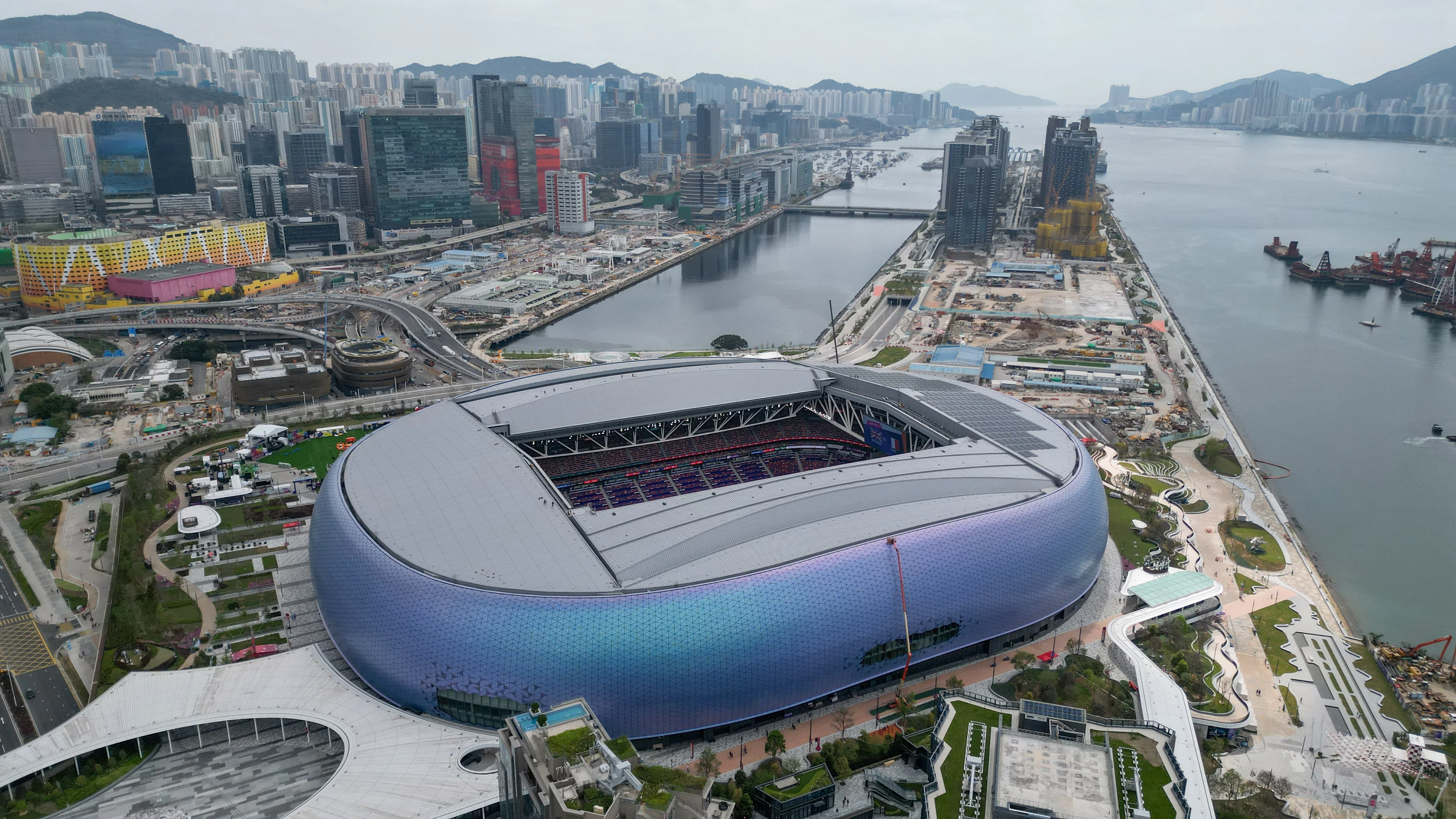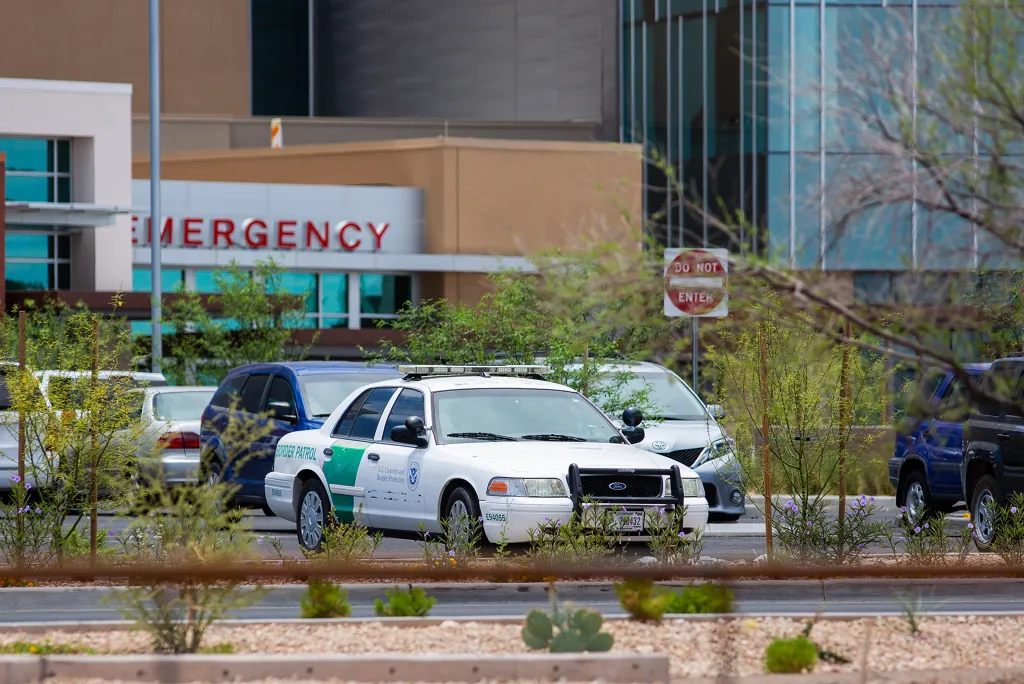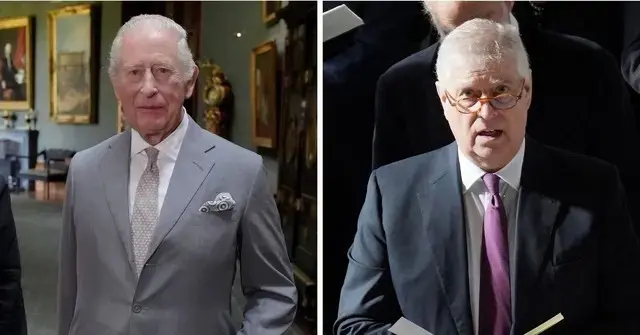Copyright scmp

The National Games’ unprecedented tripartite hosting arrangement is a calculated strategy, showcasing the Greater Bay Area’s synergy while mitigating the substantial financial and logistical burdens on any single host city, according to experts. “It is more of a political move to showcase the Greater Bay Area integration and the practicality of utilising each city’s resources,” said Gary Ng Cheuk-yan, senior economist at Natixis Corporate and Investment Bank, suggesting that splitting the immense organisational requirements allowed each participating city to shoulder less of a burden. Hong Kong is co-hosting this month’s extravaganza alongside Guangdong and Macau. Authorities anticipate the Games could draw around 100,000 visitors, with Ng indicating their spending would heavily support the aviation, hospitality and catering sectors. Tammy Wu, chairman of the Hong Kong General Chamber of Commerce’s retail and tourism committee, had previously said that if Hong Kong was able to prove a track record in hosting major sports events, it would significantly enhance tourism and help the struggling retail sector. “The National Games, in particular, are anticipated to draw visitors from the mainland and abroad, providing a boost to the local economy through spending on dining, shopping and entertainment,” she said. “Even those who cannot attend in person will be exposed to Hong Kong’s dynamic cityscape and vibrant atmosphere via broadcasts of the various competitions, which may encourage future visits.” Peter Tam, deputy general manager of Metropark Hotel Mongkok, confirmed that the Games were expected to boost occupancy, reporting that early bookings on days when competitions were scheduled to be held in Kai Tak had exceeded 50 per cent occupancy, while prices rose by about 10 per cent. He added that as the event drew nearer, the occupancy rate for such days had reached around 80 per cent as of Tuesday, and that more bookings were expected since mainland visitors often made reservations at the last minute, “maybe three days before or even two days before”. However, he also noted that most guests associated with the Games tended to have shorter stays, averaging about two days, and expected most of those customers to be from the nearby Guangdong area. “It is convenient for them to return to Guangdong province, so a stay of a day or two makes sense for them,” he said, while adding that longer stays of three to five days were generally booked only by those who travelled farther. These short stays underscored a challenge raised by economist Ng, who cautioned that “the cost gap with Shenzhen may incentivise some visitors not to stay in Hong Kong”. In terms of expenditure, the hosting strategy adhered to a core central government principle of being “simple, safe and wonderful”, which translated into a commitment not to build new, large-scale facilities. Hong Kong already boasted a world-class velodrome to host track cycling, and is using the Coliseum for men’s under-22 basketball. Kai Tak Sports Park, which opened in March, is serving as a central hub, hosting fencing, men’s handball and rugby sevens. Kevin Yeung Yun-hung, then the secretary for culture, sports and tourism, said last year that this ensured the city would “not be building new facilities, but would leverage existing resources”. Publicity and promotion efforts received substantial government backing, including about HK$39.4 million set aside in the 2025-26 financial year, in addition to funds for extra athlete costs and media support. Private sector contributions provided further financial ballast, notably the HK$450 million jointly committed by the Hong Kong Jockey Club and its Charities Trust, which is the sole partner sponsor for the Hong Kong region and funded volunteer programmes and athlete incentives. Beyond the immediate boost to hospitality and catering, the long-term economic narrative centred on the city’s ability to evolve as a regional sports hub. “The long-term benefits will hinge on how successfully Hong Kong can position itself as a sports hub and develop the related intellectual property,” Ng said. Lobo Louie Hung-tak, senior lecturer of health and physical education at the Education University of Hong Kong, had previously told the Post that if Hong Kong could successfully showcase its ability to host large events through the National Games, he foresaw it could proceed to host “events like the World University Games or even the Asian Games”. Financial Secretary Paul Chan Mo-po had previously said at a sports and tourism summit hosted by the Post that authorities would “continue to support the hosting of more high-quality international major sports events, given their significant benefits to our community and economy”. “When people flock to events, businesses will naturally follow,” he said, adding that Kai Tak Sports Park was the city’s “most significant investment in sports facilities in recent decades”.



